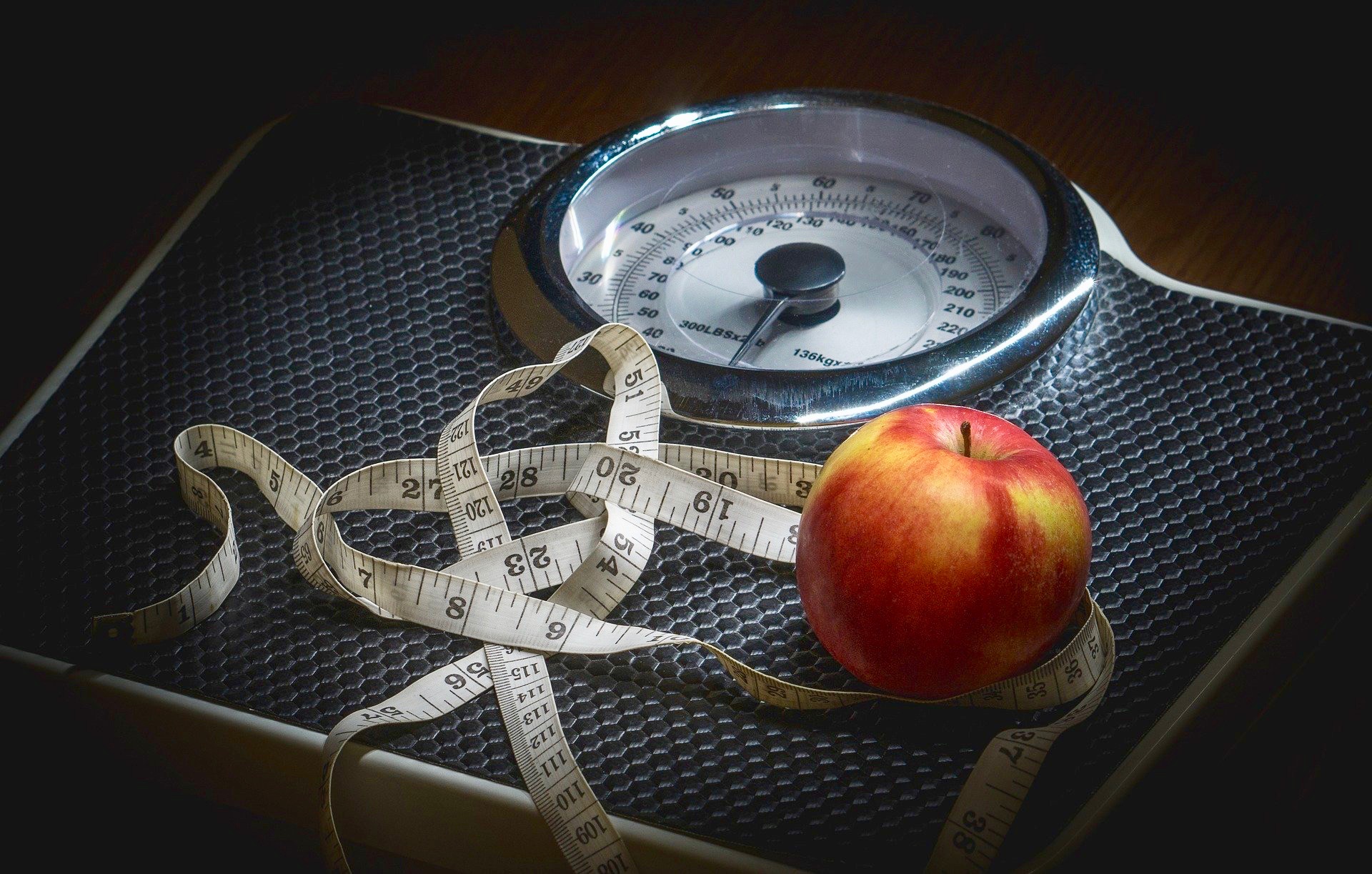Don’t Just Blame Fast Food.
Many people are not aware there is a group of environmental chemicals categorized as obesogens. When exposed, these chemicals can act directly on fat cells to increase their number or storage by altering mechanisms that regulate appetite, satiety and metabolic rate.
Exposure to endocrine disrupting chemicals (EDCs) does more than increase our risk of obesity. They also mess with our thyroid, our insulin and glucose levels, and our ability to conceive. Additionally, they can affect hormone levels of estrogen in both sexes as well as alter hormone levels in our response to stress.
Triclosan – One Such “EDC.”
Antimicrobial resistance is a serious threat to public health. And while the fact sheet from the World Health Organization certainly discusses the overuse of antibiotics, it doesn’t mention the contribution that a chemical found in hand sanitizers makes. That chemical? Triclosan.
The rapid rise in obesity parallels the use of triclosan, which has been shown to negatively modify the gut bacteria. Dysbiosis of the gut microbiome has attracted the attention of researchers and those in medicine due to its connection with metabolic syndrome, mood disorders, cardiovascular disease, inflammatory bowel disorders and obesity. Because of triclosan’s bio-accumulative potential, in December 2013 the FDA began to further look into its safety after finding that 76% of adults and children excrete it in their urine.
A Pre-Plastic World.
I recall my first experience with plastic in the early 1960s because everything prior to that was packaged either in paper, cardboard, metal, or glass. Meat was wrapped in plastic and even our frozen foods came in a thin white cardboard. So plastic packaging was a novelty.
I vividly recall a commercial from when I was eleven years old where a young woman dropped her shampoo in the shower and said “whoops,” because surprisingly the bottle didn’t break. It’s probably difficult to believe, but shampoo prior to this time was packaged in glass! Prell shampoo was packaged in plastic and it was a big deal.
My sister and I were playing in the bathroom to imitate the commercial. We threw the shampoo bottle into the shower and said “whoops” (of course) but to our surprise it completely shattered, and shampoo went everywhere. Plastic hadn’t been perfected yet. By adding phthalates and BPA to plastic, it became more durable. But now plastic is everywhere – we are breathing it, it’s in our water and our food, and even in our rain.
More Endocrine Disrupting Chemicals – BPA & BPS.
Ann Arbor’s Ecology Center’s Healthy Stuff program tested 207 receipts. BPA or BPS was found in 93% of those tested. Data regarding dermal absorption of BPA through the skin shows uptake between 10% and 60%. So, if you don’t opt for an electronic receipt and instead take the paper receipt, please wash your hands after handling it. Alas, just one more thing in our email account but maybe it’s time to forgo paper receipts!
We were warned that the replacement chemical for BPA wasn’t tested for safety prior to use. The concept of “innocent until proven guilty” should not apply to chemicals coming in contact with our food and beverages. Even WebMD writes that BPS may not be safer for kids. It’s pretty simple – using stainless steel containers for our daily drinking water is the best choice we can make, and there are dozens and dozens of them available for purchase. Remember, a plastic bottle takes about 450 years to decompose, so do your part!
Phthalates In Your Yoga Mat.
Maybe your New Year’s Resolution was to not only lose weight, but you also wanted to start doing yoga regularly and you’ve been told that a yoga mat will help you from slipping in the poses. Sadly, you have to be aware of the chemicals in your yoga mat – polyvinyl chloride (PVC), plasticizers and even phthalates (also an EDC.)
Thankfully, the work has been done. Check the Ecology Center’s review of the best and worst yoga mats so you can avoid additional chemical exposure while trying to do something good for your health!
Fat Shaming.
This video of comedian James Corden caught my attention. As a person who has struggled with weight management throughout his lifetime, his heartfelt message needs to be heard. And only James can bring a bit of levity to the topic of Fat Shaming. Can we please show a little more compassion with those who struggle with being overweight by considering that their weight issue might be more than fast food?


 Sustainable And Less Toxic Fashion Choices
Sustainable And Less Toxic Fashion Choices